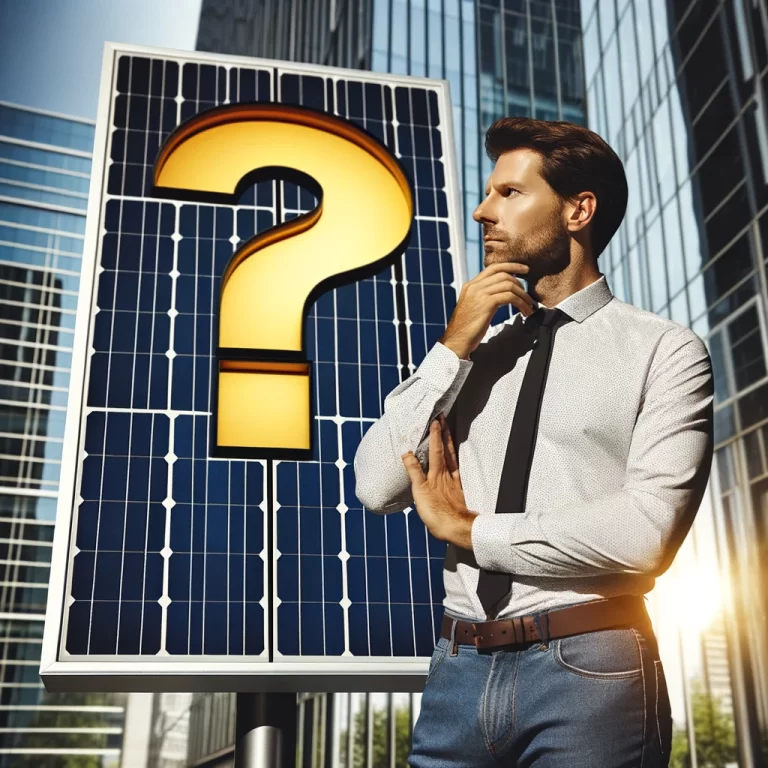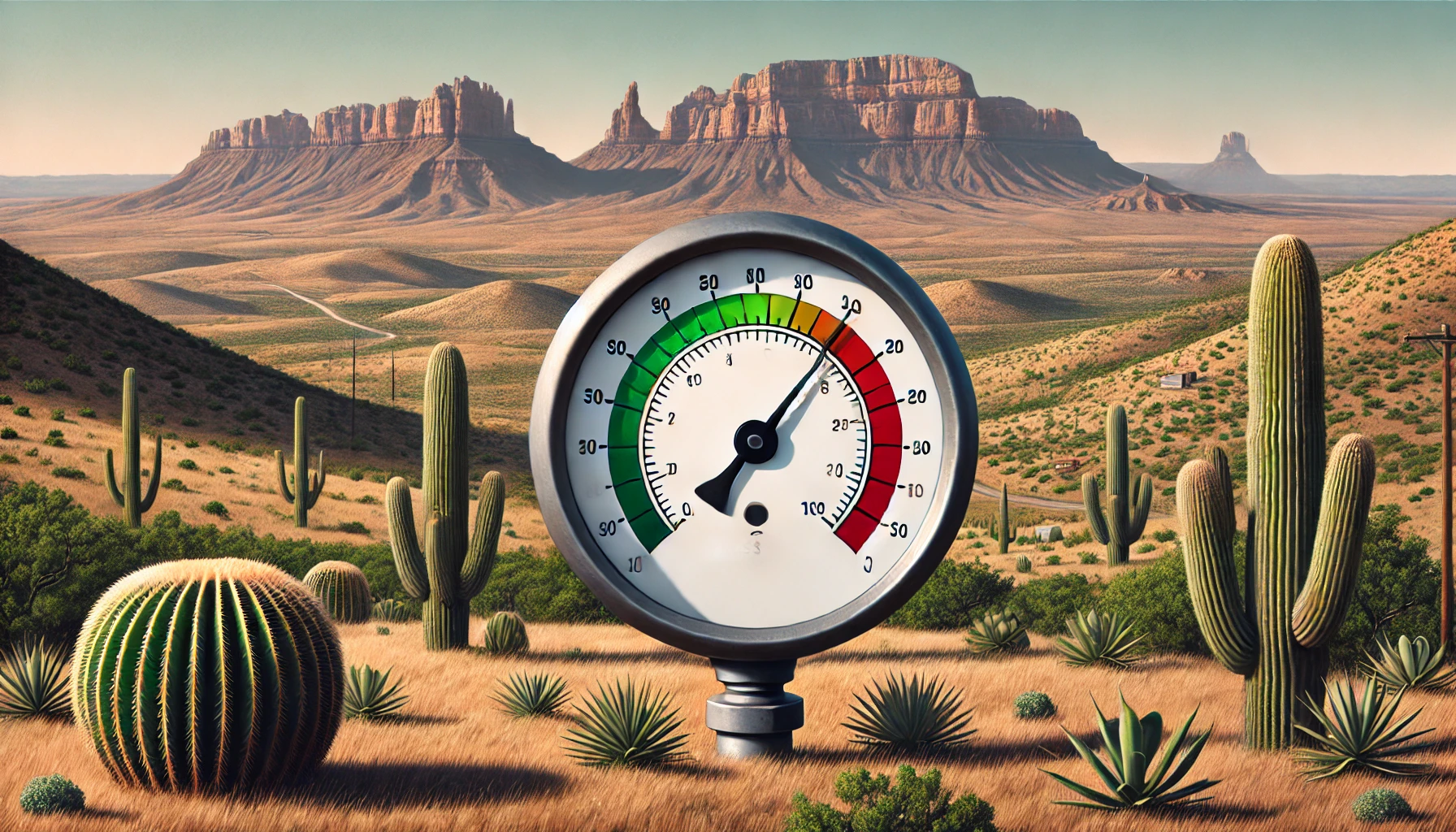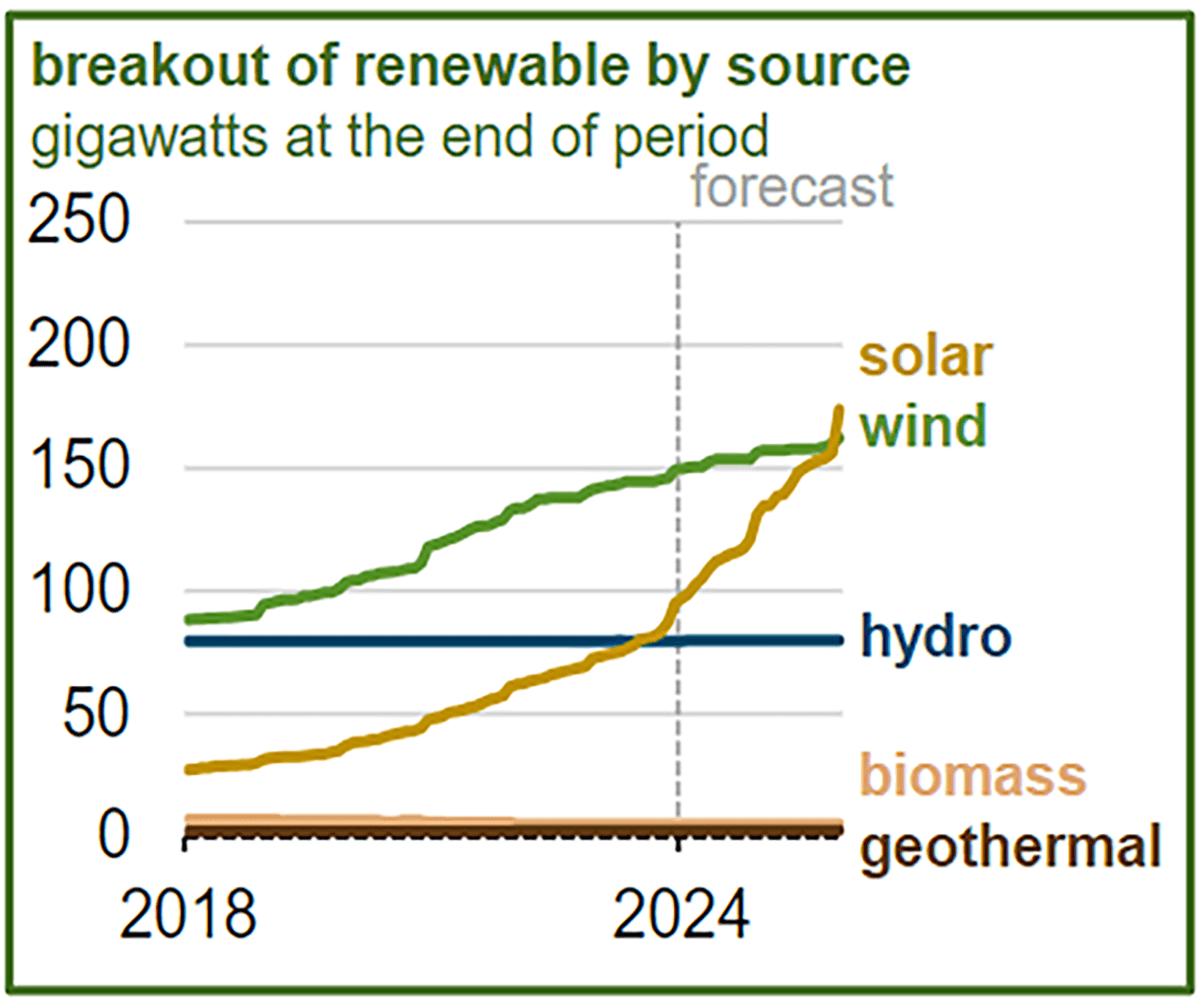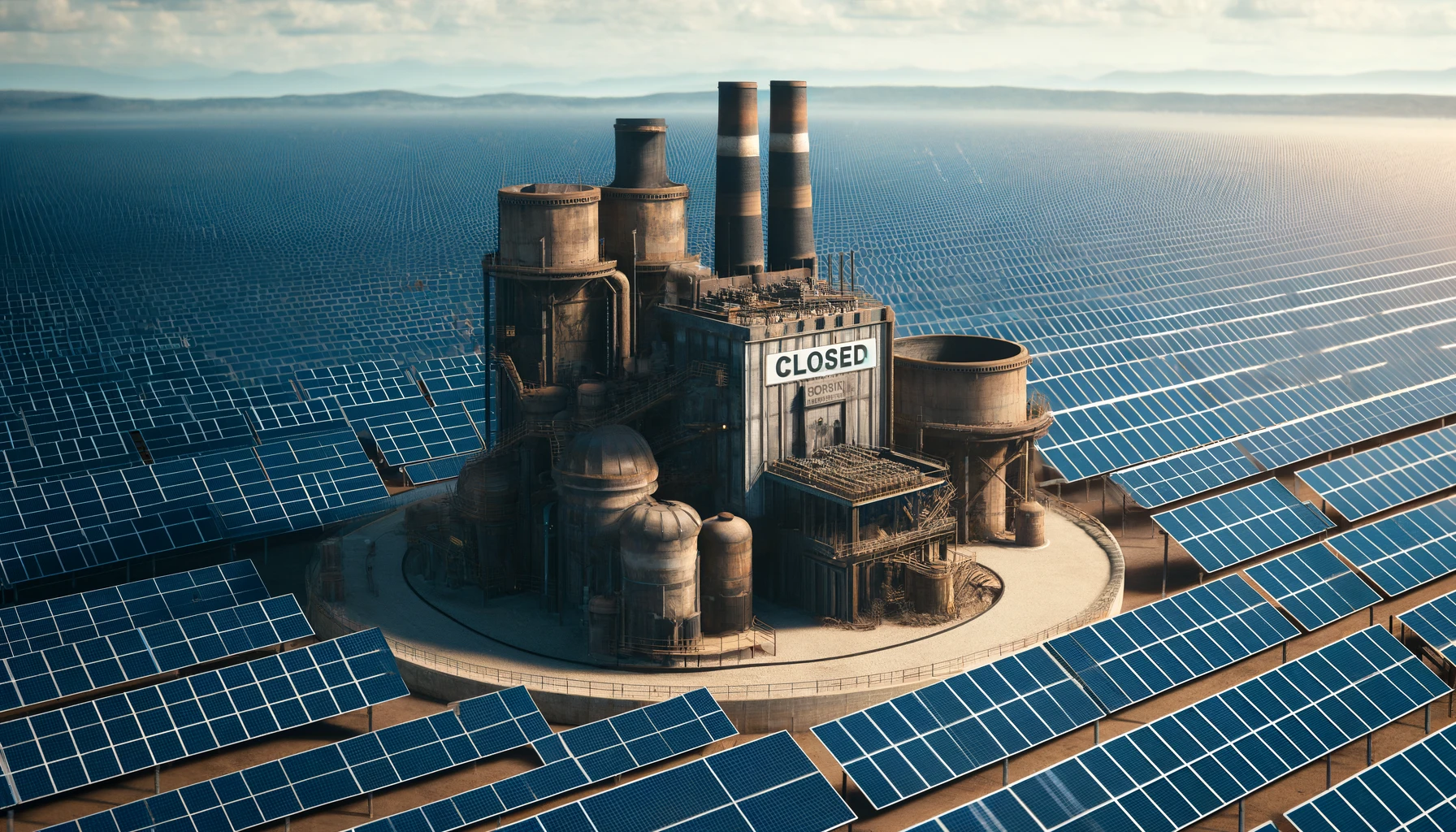
Should I install solar panels?
You should install solar panels if you’re looking for a way to save on energy expenses and control your operating expenses with a set monthly expense. Installing solar panels on your business is financially and environmentally responsible. Using solar power will lower your electricity bills and earn you tax incentives. Solar panels are also great investments because they add value to your business and are exempt from property taxes.Solar energy advantages and disadvantages
Benefits of solar panels
There are many advantages of solar energy to consider when you’re deciding whether or not to install solar panels, such as:- Reduced electricity bills Using solar energy instead of traditional energy sources can result in financial savings. Over a 20-year period, you could save anywhere from $10,000 to several million dollars, depending on your state, building size and electricity usage. Unlike paying utility bills, paying off a solar panel system gets a return on investment.
- Financial support from the government Federal and state tax benefits are available when you install solar panels on your business. Now with the Direct Pay option for non profits along with taxpayers there is the potential to claim 30 percent of installation costs, with benefits varying by state. In some instances it may be possible to get a solar installation with no out-of-pocket costs.
- Energy independence The sun is an infinite source of energy, unlike coal and natural gas, and solar panels can be installed practically anywhere. The electrical energy output of the panels depends on exposure to direct sunlight; anything that gets in the way of this reduces the output. Using solar panels allows you to reduce dependence on foreign oil and fossil fuels, leading to a more stable and predictable energy bill, especially during times when the demand for energy is high.
- Reduced carbon footprint Solar energy is able to generate power without giving off any dangerous emissions. While there is some carbon footprint from producing and distributing solar panel infrastructure, the energy produced from solar panels is clean and free of pollutants, and it emits no greenhouse gases.
- Longevity and little maintenance Most systems last for 20 or more years. During that time, solar panels and equipment require little maintenance. Solar energy technology is always improving, so the same size solar panels from last year are even better today.
Disadvantages of solar panels
Some disadvantages associated with solar energy systems include:- High initial cost While a reduced electric bill is an advantage, initial costs for the equipment, panels and installation could be more quite high. If you have direct-current devices operating from alternating-current sources, they’ll need a transformer. These transformers aren’t 100% efficient, though, so the operating cost is higher with an AC source than with a DC solar panel.
- Weather dependence The most important element for solar panels is the sun. If you live in an area prone to cloudy days for an extended period, this will negatively impact how the system runs. Your system will likely be less productive in winter months than summer months.
- Inconvenience in inner cities and other areas with limited space A solar system requires a decent amount of space to install the equipment and have everything run smoothly, and so solar panels might be inconvenient in inner cities and other areas with limited space. About 100 square feet of roof space is required for every 1 kW of conventional solar panels. If you have limited space or a small roof, you might not have the space for all the solar panels needed to power your business.






